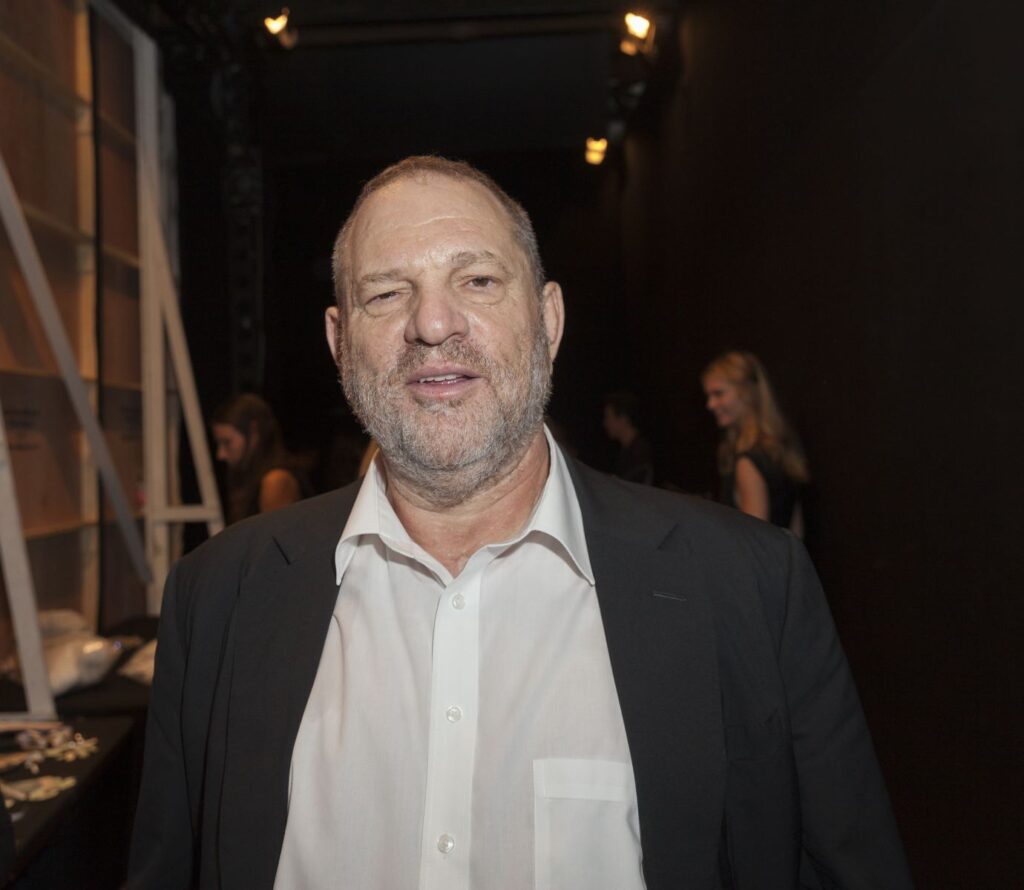A New York court has overturned Harvey Weinstein’s rape conviction from 2020, ruling that the judge who oversaw the conviction unfairly allowed the testimony of women whose allegations were not part of the case.
The 4-3 decision from the New York Court of Appeals called the case “highly prejudicial” against Weinstein.
“We conclude that the trial court erroneously admitted testimony of uncharged, alleged prior sexual acts against persons other than the complainants of the underlying crimes because that testimony served no material non-propensity purpose,” the court’s decision read.
“The court compounded that error when it ruled that defendant, who had no criminal history, could be cross examined about those allegations as well as numerous allegations of misconduct that portrayed defendant in a highly prejudicial light. The synergistic effect of these errors was not harmless.”
Back in 2020, the disgraced Hollywood producer was convicted of a first-degree criminal sexual act and third-degree rape. He was sentenced to 23 years in prison.
The Manhattan District Attorney’s Office has said it plans to retry the 2020 case in the wake of the successful appeal.
“We will do everything in our power to retry this case, and remain steadfast in our commitment to survivors of sexual assault,” a spokesperson for the office said.
In a dissenting opinion, Judge Madeline Singas wrote that the majority opinion “perpetuates outdated notions of sexual violence and allows predators to escape accountability.”
“Critically missing from the majority’s analysis is any awareness that sexual assault cases are not monolithic and that the issue of consent has historically been a complicated one, subject to vigorous debate, study, and ever-evolving legal standards,” Judge Singas wrote.
Thursday’s ruling to overturn Weinstein’s 2020 conviction comes more than six years after allegations against him were first brought to light in reports from The New York Times and The New Yorker.
Weinstein has also been convicted of another rape in Los Angeles in 2022. He was sentenced to 16 years in prison for this conviction.
Ashley Judd, one of the first people to publicly share allegations against Weinstein, called the decision to overturn Weinstein’s 2020 conviction an act of “institutional betrayal”.
“Male sexual violence may knock us down, but we get right back up. And together we are in this struggle for freedom from male entitlement to our bodies,” she said.
Tarana Burke, the founder of the #MeToo movement, said “we are devastated for the survivors who are connected to this case and the survivors who had found some solace and cartharsis in the original verdict”.
However, Burke said it was not a “blow” to the #MeToo movement but a “clarion call”.
“This decision actually means that we have a movement,” she said. “Ten years ago, we could not get a man like Harvey Weinstein into a court room. We also need to understand that the legal system has never served survivors.”



